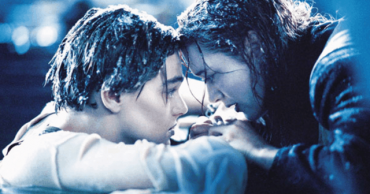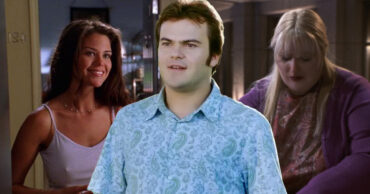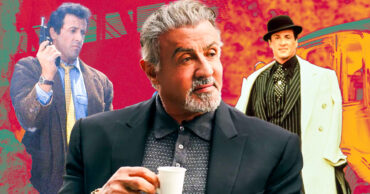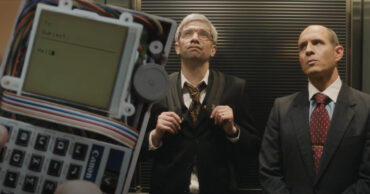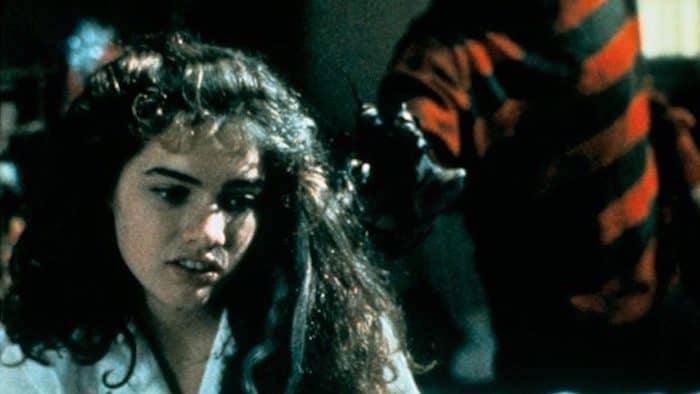
When talking about regrets, horror movies are full of them more often than not since the fans can’t help but wonder why one thing or another happened in any given movie and how the director or writers thought that it would work the way it did. Wes Craven’s movie, Nightmare on Elm Street, has been a classic for a long time now and created, or at least reaffirmed, the kind of terror that is far more horrible than any slasher flick since it nearly destroyed the boundaries between reality and the dreaming world where many people are willing to go in order to escape real life at times. In this movie the very idea of falling asleep became a death sentence for the teens that were being plagued by the crispy-fried killer that lurked in the shadows, just waiting for them to doze off. Freddy Krueger was baptized in the blood of his victims and firmly planted in the minds of many fans as well as the annals of pop culture from the first movie on, but that’s kind of where Wes Craven’s biggest issue with the movie emerged.
There’s no doubt that Freddy has been a celebrated and valued villain throughout his run, but if Craven had been able to get his way the first movie wouldn’t have indicated that there might be any chance of a sequel. Yep, that’s right, Craven’s original ending had Nancy walking away from the mayhem that Freddy had caused, robbing him even further of the power he needed to exist. Considering all the damage that Freddy had already done this might have sounded impossible to believe since Nancy would have likely been traumatized beyond belief. But the fact of the matter is that New Line Cinema didn’t want things to end on such a positive note. Perhaps it’s a sense of realism, meaning that the lead character would be so horribly scarred both emotionally and mentally, that she wouldn’t be able to function properly, or maybe they simply smelled a whiff of money, but the original ending had to be replaced with a compromise that saw the teens riding off in a car that had Freddy’s colors on it, indicating that he wasn’t gone. The scene in which Nancy’s mother is dragged back into the house through the door was even cheesier.
Needless to say, Craven didn’t like this at all and wanted nothing to do with it, but as the movies went on the paychecks kept rolling in, and to be fair, it’s hard to say no to getting paid for something that one loves to do. But from that point on the overall integrity of the franchise was damaged and wouldn’t ever be fully repaired. What was supposed to be a movie that had a definitive end went on to become several insane sequels that were created more for the shock and awe they would bring than anything else. Seriously, the Nightmare on Elm Street franchise became a matter of seeing how many different ways Freddy could kill people and how gross things could possibly get. The story did evolve, but not in a manner that really formed any coherent tale that the fans could keep track of since while the movies did focus on Freddy at times they also felt all over the place, which was kind of a downer considering that they became a bit of a joke.
It’s hard to say for certain that this wouldn’t have happened if Craven’s ending had been approved since studios find any and every possible reason to continue a story if they feel that it can make a profit. The downside of this is that even if the movies do make a profit it’s far too common to see the quality of the movies decrease over time as the story isn’t given the kind of patience it needs to develop and become a proper follow-up to the tale that helped it exist. The Elm Street sequels weren’t the worst movies ever made, but they certainly weren’t all that great after a while and they didn’t have the same shock factor as the original movie. When all was said and done, Craven only directed two of them, meaning that there were other directors in charge of an idea that he helped to bring to the fans.
It might be a little irritating to some fans, but the fact is that even a director doesn’t always have the final say on a project, especially when it comes down to getting everything approved so that it can move forward. Plenty of directors have their regrets, but this is one of them that might have changed the face of a franchise if it had gone differently. It’s hard to tell if it would have been for better or worse.
 Follow Us
Follow Us
